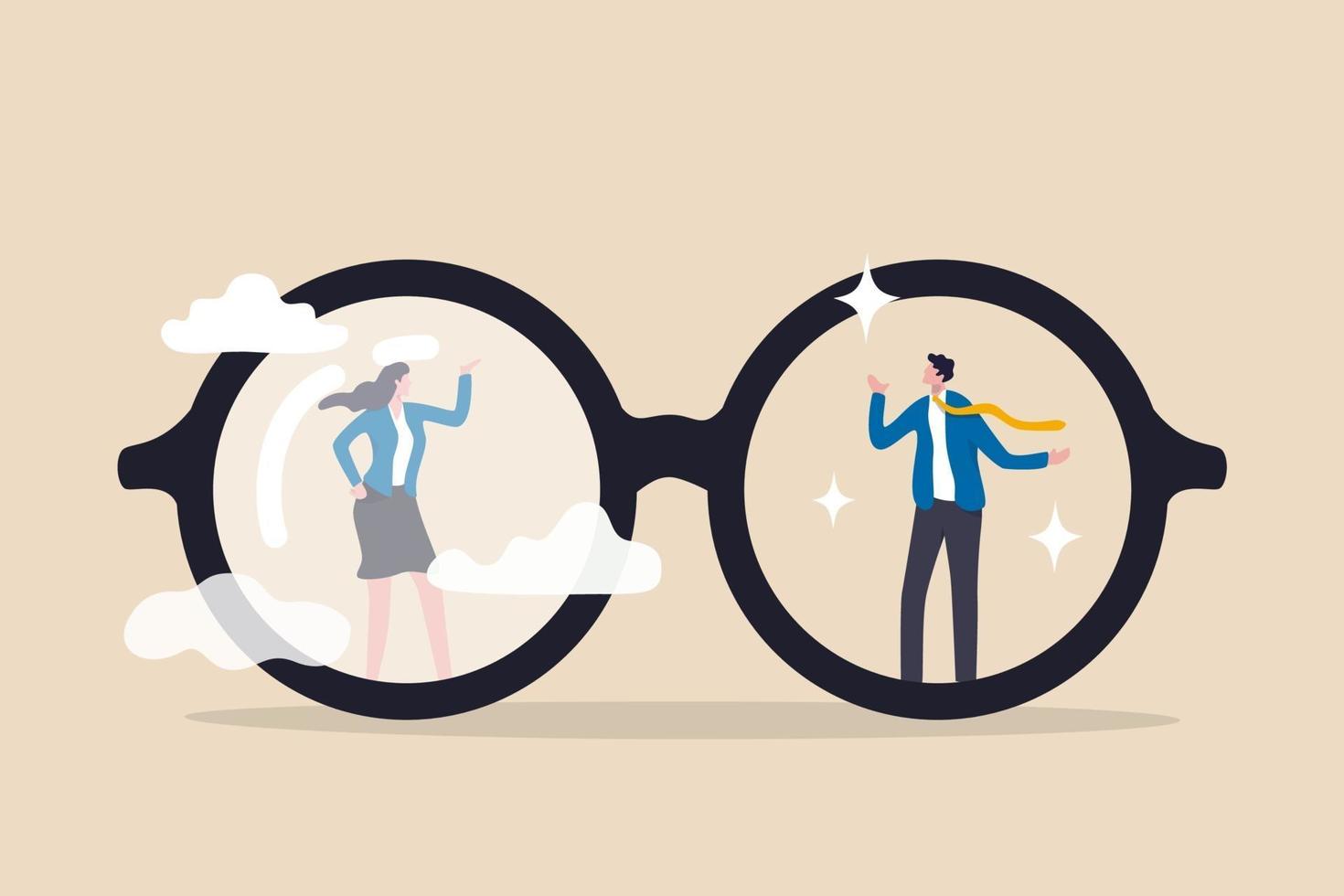Week 1- Two Cultures
I am a biology Major here at UCLA with a minor in anthropology which makes me feel like I have a foot in both the north and south campus here at UCLA. As someone who considers myself a scientist immersing myself in the reading by Snow, I realized how familiar I was with all of the science things but never really realized the effect it had on my perspective. In the reading Snow talked a lot about how science as a whole is so finite and doesn't necessarily have a specific definition and if it does it doesn't necessarily encompass what science really is.
I feel like as an anthropology minor having this understanding of stereotypes and separating them from my own perspective is very essential in learning to be a person and becoming who I am and also helps me gain more knowledge because when I separate myself from stereotypes that I don't necessarily realize are existent I can see things through my own lens.
Vesna, Victoria, “Lecture Part II: Two Cultures.” Youtube, Mar. 2012,
https://www.youtube.com/watch?v=GUr4xxZ_0gw&t=129s
Snow, C. P. Two Cultures and the Scientific Revolution. Cambridge University Press,
1959.
Vesna, Victoria, “Lecture Part III: Two Cultures.” Youtube, Mar. 2012,
https://www.youtube.com/watch?v=4FOEuxrwxd0&t=5s
Vesna, Victoria. “Toward a third culture: Being in between.” Leonardo, vol. 34, no. 2, Apr. 2001, pp. 121–125, https://doi.org/10.1162/002409401750184672.
Images
https://static.vecteezy.com/system/resources/previews/002/120/316/non_2x/gender-bias-sexism-inequality-in-workplace-and-social-prejudice-stereotyping-or-discrimination-against-women-concept-vector.jpg
https://dynamic-media-cdn.tripadvisor.com/media/photo-o/08/89/e8/89/fowler-museum.jpg?w=1200&h=1200&s=1



Comments
Post a Comment